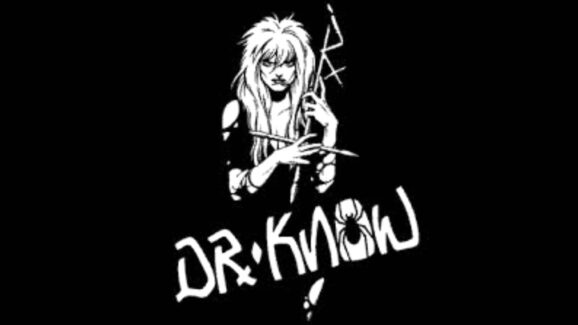[rating=6.00]
One of the bigger questions plaguing film for the past several years has been whether or not the romance is dead. It’s silly to ponder; romance may not be the big budget draw it was in the 90s with films like The English Patient or Legends of the Fall, but the genre as a whole is doing fairly well. (See also: last year’s The Big Sick.)
That doesn’t stop the speculation, of course. Entertainment writers need a narrative, something to package the complex calculus of movie math and audience interest in order to make grand and sweeping statements about what is or is not dying—even in the face of contrary evidence. The collapse of a narrative form is certainly an intriguing prospect, and it is hard to deny that the romance genre is taking in a smaller slice of the pie than it used to.
Rather than death, however, you could also ponder that this phenomenon speaks towards a need to evolve. The tired clichés of yesteryear just don’t do it anymore and, again to invoke The Big Sick, audiences are looking for new ways to present the classic story of girl meets boy. On Chesil Beach very nearly achieves this evolution.
The “very nearly” is the operative phrase of that previous sentence. There are moments of Dominic Cooke’s feature debut, which was written by Ian McEwan, based on his novel, that suggest just how the narrative form of romance can be rescued from its current state of drudgery and banality. But so, too, are there moments where the film loses itself in a quagmire of Nicholas Sparksian sap. Frustrating, because when it’s good it’s oh so very good, and it hurts to watch it get dragged by its own missteps.
Of course, it bears mentioning that even the sappier moments are elevated by the performances of its two leads, Saoirse Ronan (fresh off her career making performance in Lady Bird) and Billy Howle, who play a young couple, Florence and Edward, beginning their honeymoon on Chesil Beach (hey, that’s the name of the movie!). The great majority of the film bounces back and forth between their awkward, and potentially doomed, first night of marriage and flashbacks of their courtship, which creates an interesting and intriguing dynamic that pushes the bulk of the film.
This narrative framework creates a fascinating tension between the characters that plays with audience expectations of how romances should pan out. There’s almost a psychological portraiture in effect that almost made for a fascinating narrative experience. Each character is given their own importance, and we get to see an amazing, balanced view of how love can begin to blossom even as we watch it begin to fall apart.
Ronan and Howle are perfect together, considering how unperfect their characters are for each other. Ronan in particular brings a delightful life to her Florence, imbuing her with pathos and agency that is remarkably alive and real. This despite a hammy characterization best symbolized by the musical choices of the two leads. Florence-led scenes are scored by classical music, while Edward is backed by rock and roll. It’s that kind of on-the-nose depiction that turns audiences away from the genre, which is something that we should all begin to take note of.
Where the story truly loses itself is in its final act, which finds us bouncing forward in time decade by decade, sullying the momentum and goodwill the film worked so hard to build up prior to that point. Here is where we descend into sap. As far as sap goes, it’s perfectly fine, and it will no doubt cause more than a few of the clearly desired wet eyes. It also feels manipulative in that way that so often sullies romance as a genre. Heartstrings are pulled, but it doesn’t ever quite feel earned.
Perhaps if they’d put the same effort into the last act as they did the two preceding it things would have been different. As is, however, On Chesil Beach exemplifies both everything that could be great about the supposed dying genre and everything that makes us discuss whether or not it’s dying at the same time. If nothing else, I guess it shows that the potential is still there to make great and powerful romances as long as the work gets put into it. Unfortunately, the powerful efforts of its two leads can only do so much to keep On Chesil Beach from drowning under its own sentimentality.
On Chesil Beach is now playing in select theaters.











